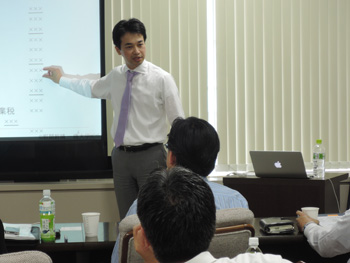
Executive training is badly needed in order for independent directors to perform their expected role
When I proposed to the LDP and the government in 2013 that Japan promulgate a corporate governance code, one of the most important principles that I advised should be included in it was a requirement for director and pre-director training. To anyone who has ever sat on an average Japanese board, the need for this is obvious. Without more training of both executives and external directors in Japan, it will continue to be very difficult for independent directors to perform the roles that are now expected of them. From personal experience, I know that it is simply not possible to convince engineers who do not understand finance that their company could very easily go bankrupt in two years.


 Excerpt: “….. It will be interesting to see what lessons are drawn from Toshiba's failure. Problems with Toshiba's seemingly well-considered hybrid approach to governance clearly illustrate the tension and difficult tradeoffs between insider and outsider perspectives.
Excerpt: “….. It will be interesting to see what lessons are drawn from Toshiba's failure. Problems with Toshiba's seemingly well-considered hybrid approach to governance clearly illustrate the tension and difficult tradeoffs between insider and outsider perspectives.